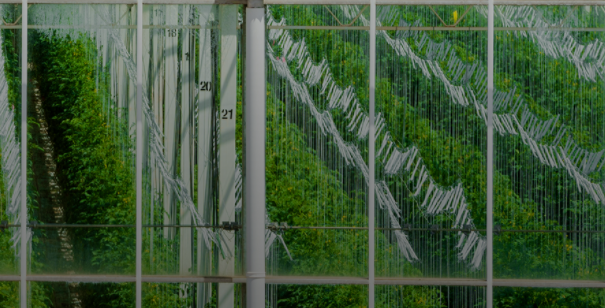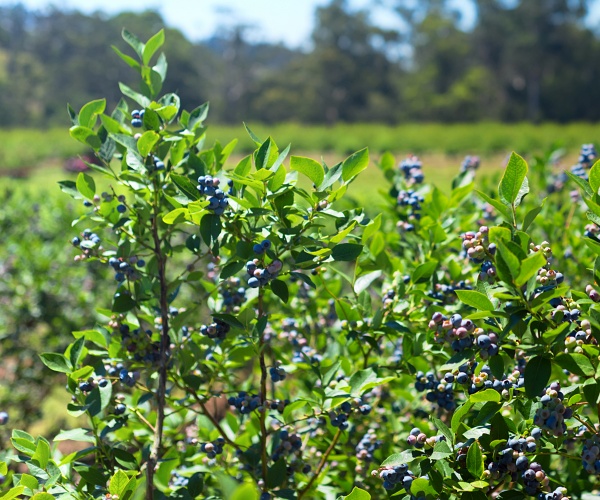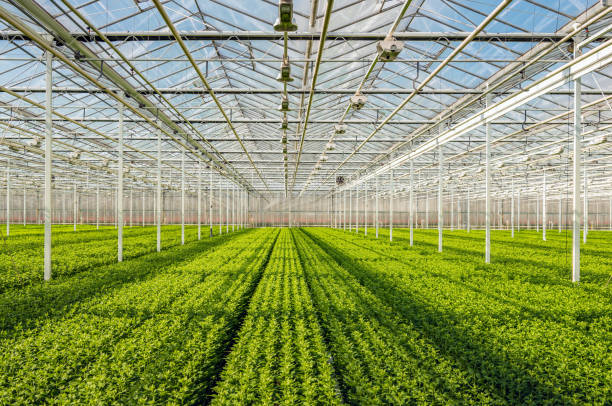Artificial intelligence is helping startups to develop robots that can pollinate some farm crops
The following written content from Fran Beyer

Advances in artificial intelligence are helping some startups develop robots to pollinate everything from blueberries to almonds, and in Australia, even tomatoes, the Wall Street Journal reported.
Pollination robots could prove more helpful in increasing farmers’ yields of certain crops compared with bees, other insects, and human workers — and give help insect populations that are declining because of habitat loss and pesticide use, the news outlet reported.
The Journal noted the process is being sped up by “deep learning,” a method that trains artificial neural networks that mimic the human brain. According to the Journal, advances in deep learning have improved AI’s ability to recognize images, making it easier for startups to develop robots that can quickly and accurately identify flowers for pollination.
“To see it actually happening, it was quite amazing. I thought it would work, I just didn’t think it would work that well on the first go,” Tal Kanety of Australia’s Costa Group Holdings told the Journal.
According to the Journal, robots developed by Israel-based Arugga AI Farming can autonomously travel down a row in the greenhouse, using AI and cameras to identify flowers ready for pollinating and then blast air to pollinate them. The first seven of 30 robots are set to arrive in the next few months, the Journal reported.
Without deep learning, a similar robot would have taken much longer to build and the product would have been more expensive, Iddo Geltner, Arugga’s chief executive and co-founder, told the journal.

“We have to have one algorithm to detect flowers anywhere in the world,” he told the news outlet. “We cannot teach the robot to find flowers every time in a different greenhouse.”
Each robot now costs about $10,000 to manufacture, though costs are expected to come down as the company scales up production, Eytan Heller, another co-founder, told the Journal.
Other Israeli companies, including Edete Precision Technologies for Agriculture and Bumblebee AI, are also working on robotic pollination systems for other crops, while researchers at U.S. universities are developing their own prototypes, the Journal reported.
Karel Bolckmans, chief operating officer at Biobest, a Belgium-based company that produces bumblebees for farmers, is also investing in Arugga, the Journal reported.
“People ask me, ‘Why are you guys getting involved with robots? You guys are bumblebee people.’ No, we are pollination people,” he told the Journal. “If a robot is better than bumblebees, then robots it will be.”
Growers in the United States, where there are concerns that a new virus that affects tomato plants could be spread by bumblebees, have also tested Arugga’s robots, the Journal reported. Read more from Newsmax





